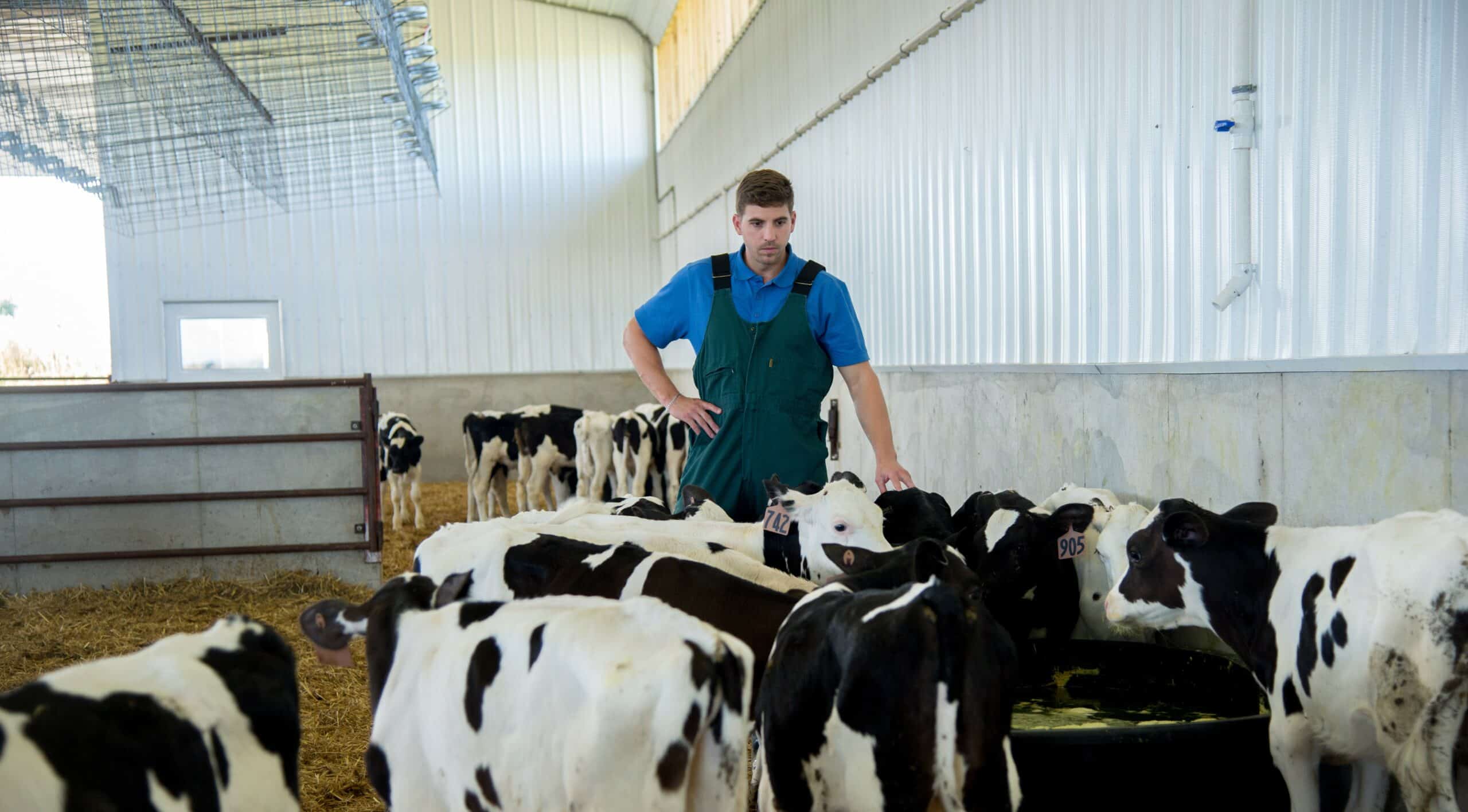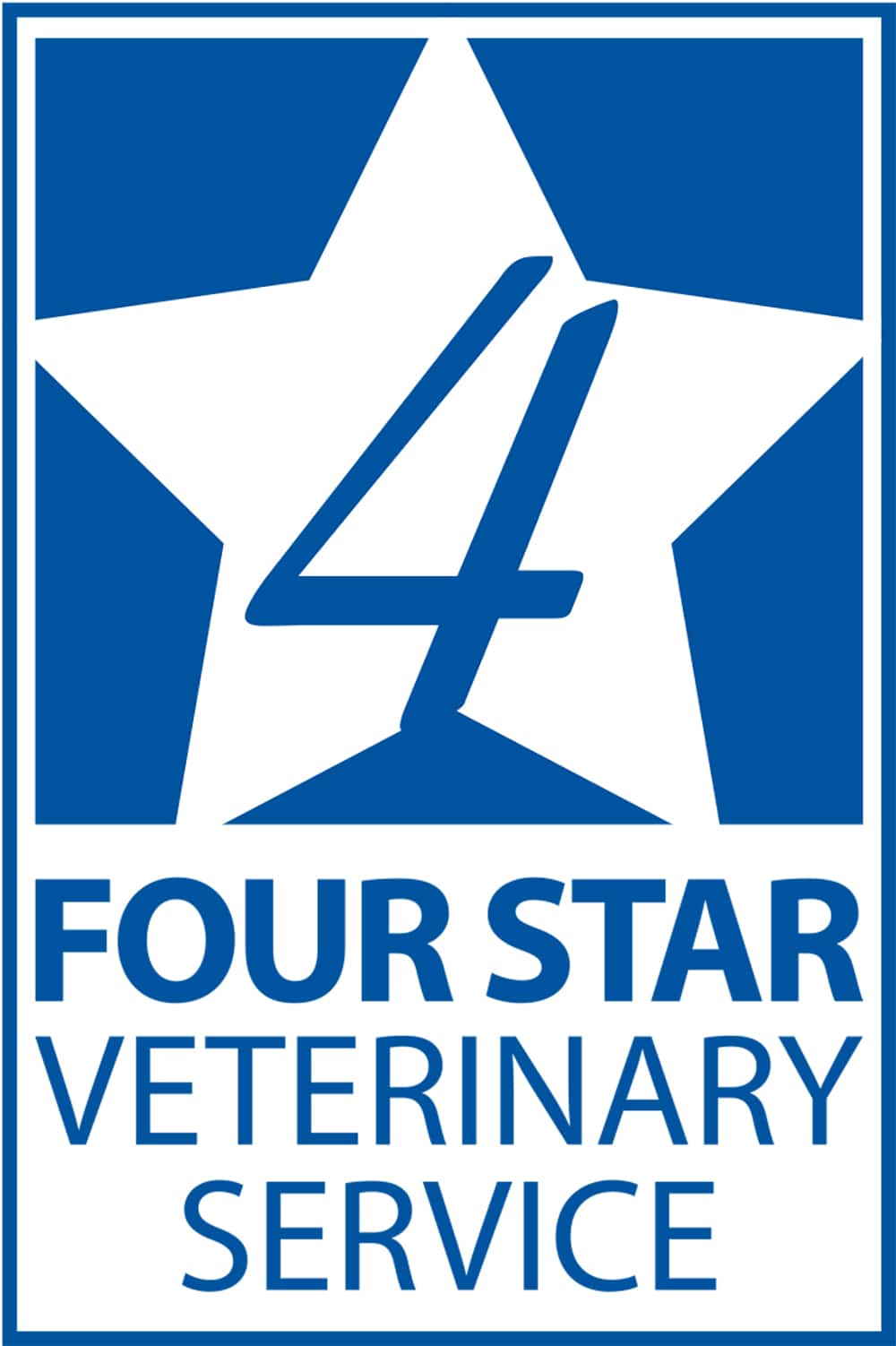
Each summer high temperature and humidity are inevitable, and cattlemen try to prepare for those extreme periods. But many other factors can trigger heat stress in cattle and add to their overall stress, impacting the outcome, said Taylor Engle, DVM, Four Star Veterinary Clinic (FSVS).
Producers should start by monitoring their 7-day weather outlook every day. Fortunately, there are many smartphone weather apps to assist with that.
The baseline for heat stress is a humidity rate of 80% and daytime temperatures above 80° F. But equally important are nighttime temperatures that exceed 70° F, as the cattle will not be able to cool down. And the stress is incremental as temperatures move higher or extend over several days.
Bottomline, “when it’s hot, it’s hot,” Engle said. “If I’m sweating, then the cattle are stressed.”
Because cattle don’t sweat much, they depend on respiration for cooling. That’s why with heat stress you will see increased open-mouth breathing, drooling and animals grouping together, which actually makes matters worse.
Heat stress is a trigger
According to a Kansas State University estimate, heat stress costs the US cattle industry $370 million in losses annually. It reduces feed consumption and impacts weight gain, but there also are significant health-related challenges. “Any stress will trigger immune suppression, which will reduce the animal’s protection to normal bacteria and virus infections,” Engle said.
When an animal is dehydrated, from things like heat stress or transport, their mucus membranes, may also be dehydrated. “Mucus membranes are critical to grab various pathogens and remove them from the body,” Engle added. “When that first line of defense goes, it allows pathogens quicker access to the blood stream; diseases can become sceptic and travel to the heart, lungs and other organs.”
Histophilus somni is one such bacteria that can take advantage of those conditions. The FSVS cattle veterinarians have seen H. somni become more virulent in recent years, which calls for more attention. But overall, “heat stress can cause a multitude of respiratory issues,” Engle noted.
Who’s most at risk?
Black-hided cattle regardless of age are highly vulnerable to heat stress due to increased heat absorption. But Engle prioritizes recently shipped cattle regardless if they are 200 pounds or 900 pounds. “Most cattle are already stressed from shipping and have more immune suppression.” But management strategies can decrease the stress level. He emphasizes two groups: wet calves at calf ranches and feeder calves entering feedyards.
Wet calves are removed from the cow within 1 to 3 days and receive a milk-replacer product, so their nutrition and environment have changed dramatically. Many of the calves are dairy-beef where the producer buys 20 to 50 calves from multiple dairies, so the calves are commingled, and they may move into barns of 200 head or into hutches with 10,000 to 20,000 on a site.
“Before you ever get the calves, they’re already stressed and have some level of dehydration,” Engle said. “But if you recognize that going in, you can take steps to manage the stress.”
First, ensure the calves get rehydrated upon arrival. Engle suggests giving electrolytes to incoming calves, especially day-old calves. “A calf is not going to die of lack of nutrition in the first 10 days; it’s going to die of dehydration,” he pointed out.
Also watch for fever with young calves because things can spiral quickly due to their underdeveloped immune system. If a calf is down or not as active as the other calves, check hydration levels. This can be done with a skin tent — pulling an area of skin to the side to check the response. The next step is to take its temperature. “As producers and veterinarians, we tend to think of a poor-doing animal as having a disease. But often the animal is dehydrated,” Engle said.
Management strategies to address heat stress and everyday stress revolve around calf comfort. Ensure the barn, pen or hutch is thoroughly cleaned ahead of arrival and kept clean afterward. Then it’s all about the bedding, fly control, adequate space for each calf and providing clean water and clean water buckets.
Ventilation and airflow are critical to address heat stress, because even if it’s hot, providing air flow that creates a breeze can cool the calves.
Always check calves at least once a day, sometimes more often.
Feedlot cattle need to be rehydrated upon arrival, and electrolytes help with this. “They may have been on the truck from 6 to 18 hours, so we want to correct any dehydration right away,” Engle said.
Once in the feedlot, water is the quickest way for cattle to decrease their body temperature, so plan to provide an extra water tank or two. They’re entering a new environment and the water delivery system may be different from what they’re used to, so they may need some help understanding the new system.
Engle recommends 3 inches of water tank space per animal. So, keep that in mind when you’re stocking the feedlot.
Give cattle time to recover from the trip, acclimate to the new environment and figure out feed and water locations. Of course, you still need to check on the animals and look for signs of distress Engle said. He also recommends waiting a few days to vaccinate or work the cattle.
Some feedyards will sprinkle the ground or cattle with water to provide evaporative cooling, but be careful not to create mud.
Providing shade is critical and can be in the form of permanent structures or shade cloth. However, shade area usually falls short, covering maybe 5% to 20% of the pen. “I’ve never been to a farm where I said ‘hey, you have too much shade or too much water,’” Engle noted.
Bottomline, try to make the cattle as comfortable as possible, and don’t push too hard to get them on feed during hot spells. They’ve had a long trip; let them adjust. “A good manager will see that at different times of the year, with different cattle you will need to have a little different transition style,” Engle said.
